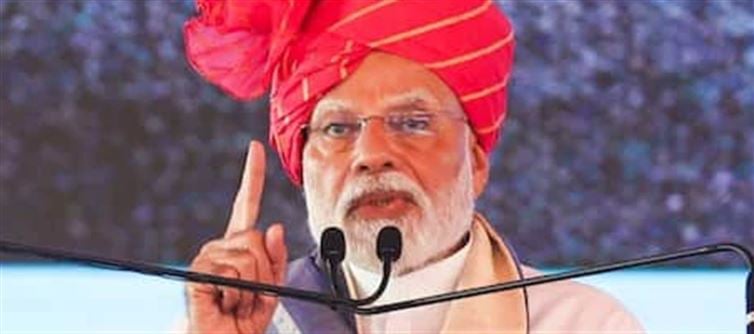
The decision to conduct a nationwide caste census has been hailed by many as a landmark step toward social justice. Supporters claim it will correct historical wrongs and help ensure that government schemes reach the most disadvantaged. However, behind this progressive facade lies a web of complex and potentially damaging consequences that india must confront head-on.
1. Cementing Caste Over Citizenship
The very idea of counting castes reinforces them as permanent and defining features of identity. Instead of gradually moving toward a society based on equality and shared national identity, india risks regressing into one where caste becomes the dominant political and social currency. States like Uttar Pradesh and Bihar, where caste plays a significant role in politics, have witnessed repeated episodes of caste-based mobilization, often leading to heightened tensions and divisive rhetoric.
2. Rise in Vote-Bank politics and Polarization
Data from a caste census will provide political parties with granular insights into the composition of the electorate, potentially leading to deeper polarization. Bihar’s 2023 caste survey, conducted under the Nitish Kumar-led government, immediately triggered debates on increasing reservation limits for certain castes. It also ignited demands from other communities for similar privileges, fuelling rivalry and resentment. This kind of targeted politics may further fragment the electorate and reduce the space for issue-based governance.
3. Endless Demands for Quotas
A caste census is likely to fuel a fresh wave of reservation demands. When maharashtra granted Maratha reservation in 2018, it led to violent agitations and prolonged legal battles, eventually resulting in the supreme court striking it down in 2021. A caste census will likely intensify similar demands from other dominant castes, such as the Patidars in Gujarat, Jats in Haryana, and Kapus in Andhra Pradesh, each of whom have already staged mass protests for inclusion in the reservation framework.
4. Administrative Nightmare and Data Disputes
India has over 3,000 castes and more than 25,000 sub-castes—many with overlapping names and identities that vary by region. The 2011 Socio-Economic and Caste Census (SECC), which was supposed to provide a clear caste-wise breakdown, resulted in massive data inconsistencies and was never fully published. If not meticulously verified and standardized, caste data could be misreported or manipulated, compromising the credibility of the entire census exercise.
5. Legal Gridlocks and Constitutional Questions
India’s Constitution currently caps reservations at 50%, based on a 1992 supreme court ruling (Indra Sawhney case). Already, states like Tamil Nadu have breached this limit with 69% reservation under a special law. A caste census could invite legal challenges if it leads to further breaches of the cap or reclassification of groups as “backward,” creating prolonged judicial standoffs and uncertainty.
6. Ignoring the Real Indicators of Disadvantage
Caste does not always correlate directly with poverty or deprivation. By focusing solely on caste, policymakers may ignore more relevant socio-economic indicators like income, education, health, and geography. For example, Scheduled Castes in Punjab enjoy better land rights and education compared to SCs in states like Uttar Pradesh or Jharkhand. A caste-based approach may thus fail to capture the full picture of inequality.
7. Social Unrest and Backlash
Revealing detailed caste data can create a dangerous competition among groups. Dominant castes might resist losing their traditional privileges, while marginalized groups may demand more. This zero-sum scenario is ripe for conflict. In Rajasthan, the Gujjar community's protests for reservation have led to clashes and shutdowns, illustrating the volatile nature of caste-based claims.
A Cautious Path Ahead
While a caste census may appear to be a tool for empowerment and equity, it carries the heavy burden of potentially entrenching social divisions, politicizing identity, and complicating governance. If not handled with extreme care, transparency, and legal clarity, it could unleash consequences that strain the fabric of India’s democracy. The path to equality must be navigated not just through numbers, but through a broader commitment to unity, fairness, and socio-economic upliftment that transcends caste lines.




 click and follow Indiaherald WhatsApp channel
click and follow Indiaherald WhatsApp channel